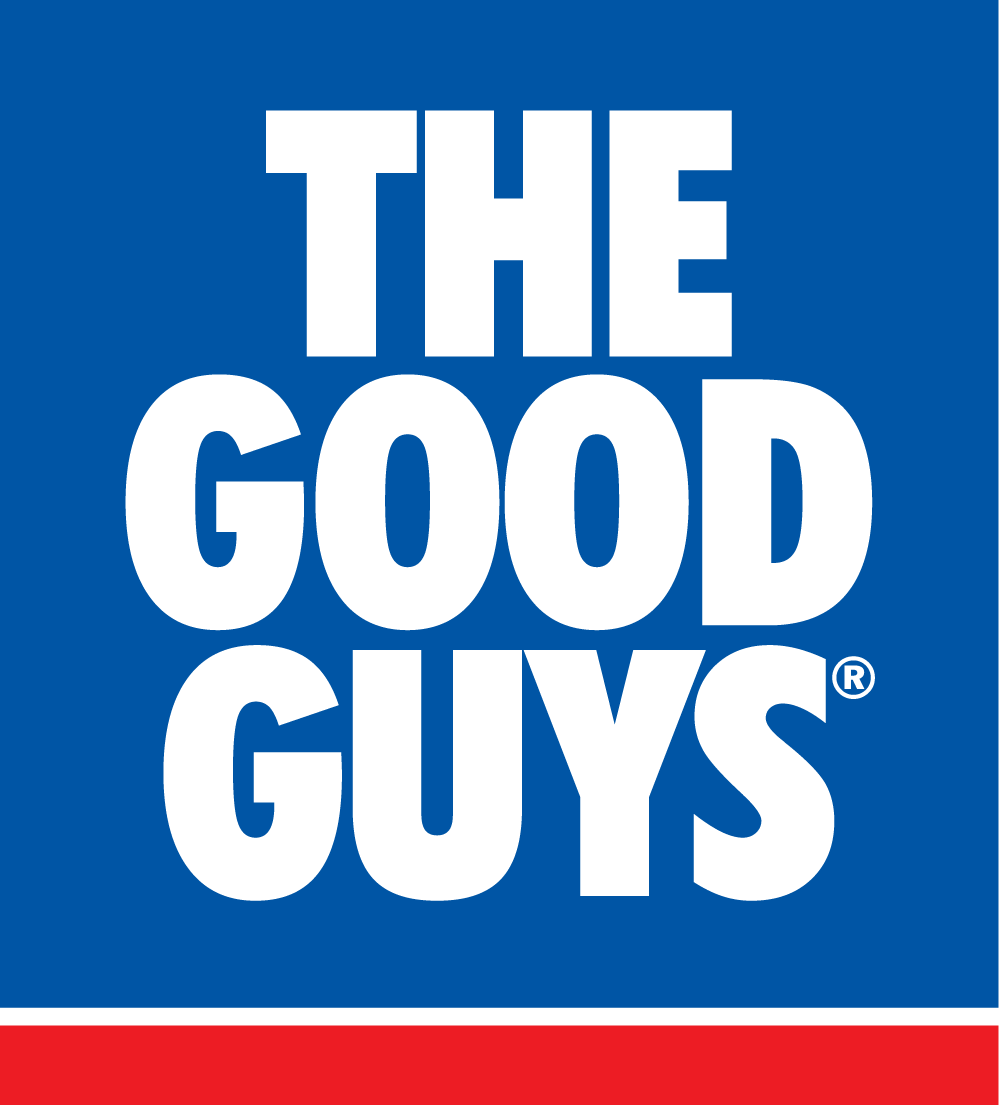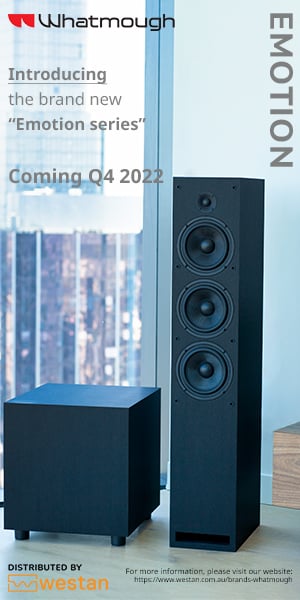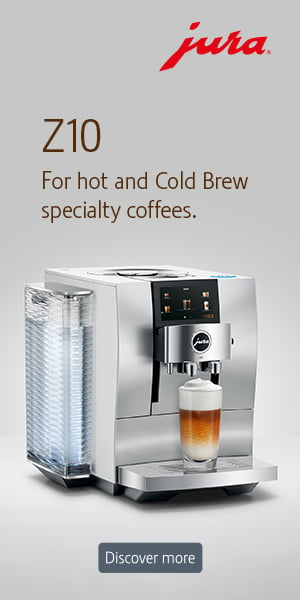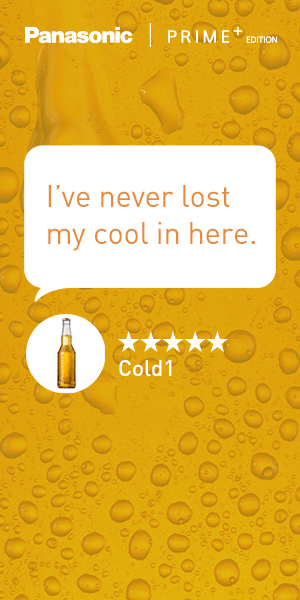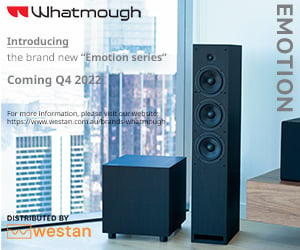OPINION: The day last year, that The Good Guys started selling Hoover floor care products, a product that had been exclusively sold via Godfreys in the past is according to some, one of the decisions that led to the slow demise of the almost 100-year-old retailer who this week called in the administrators.
But there was another story playing out, with Godfrey’s management who were losing $7M a month refused to sell the Dyson range of products because like Apple Dyson refused to pay a similar margin that Godfrey’s was getting with their other vacuum products.
Like them or loath them, and many retailers loath them, Dyson is a Company who on one hand want retailers to sell their product but is quite happy to sell direct, open their own direct sell stores and generally pay little to retailers for the privilege because they know that retailers like Apple want their product in their stores because it drives traffic, with retailers often trying to switch consumers into other brands with higher margin.
Jane Allan, the daughter of the late co-founder Johnston, attributed the company’s recent woes to COVID-related disruption, a tougher economic environment and cost-of- living pressures but this was only half the problem.
A lack of margins, poor business decisions and the loss of Hoover contributed to their downfall claim observers.
As robotic vacuum cleaners and stick vacs took off at mass retailers, Godfreys who should have led the charge into a new era of household cleaning, were slow to embrace the new initiatives because they feared it would impact their traditional vac business with mass retailers getting the lion’s share of this business.
consultant Retail Doctor chief executive Brian Walker told the SMH that Godfreys’ large number of outlets also began weighing on the business. “Growth for growth’s sake – that was clearly the mantra of many retailers in the late 90s, early 2000s,” said. “It was about stores on every corner.”
“Godfreys never really grew with the times … The world changed dramatically. The acceleration of that change ultimately was the downfall of Godfreys.”
Revenue from Australia’s vacuum industry is forecast to hit $450 million this year, according to Statista, with an annual growth rate of 3.7 per cent over the next four years.
The price of stick vacuums ranges widely in price, with a Dyson V15 Detect going for nearly $1700, while The Good Guys is selling a Japanese designed stick vacs for $299.
The SMH claims that the company also suffered from structural and leadership instability which saw multiple changes across more than a decade.
Closing unprofitable stores has been the first move of PwC administrators, who shuttered 54 stores in a network of 169 as part of an “immediate operational restructure”.
Now administrators PWC are looking for a buyer with franchising consultant and DC Strategy chairman Rod Young claiming that there’s a future for Godfreys for the right buyer, noting the brand is well established and that any profitable stores may be appealing to a new owner.
But Walker believes Godfreys may go the same way as electronics retailer Dick Smith, which was bought by Kogan.com in 2016 as an online-only business.
“I don’t see [Godfreys] being a sustainable physical store model,” Walker said.
“You’ve got this passing of time, the failure of Godfreys to evolve and innovate on one level. And yet on another level, 93 years – that’s pretty good innings.”

